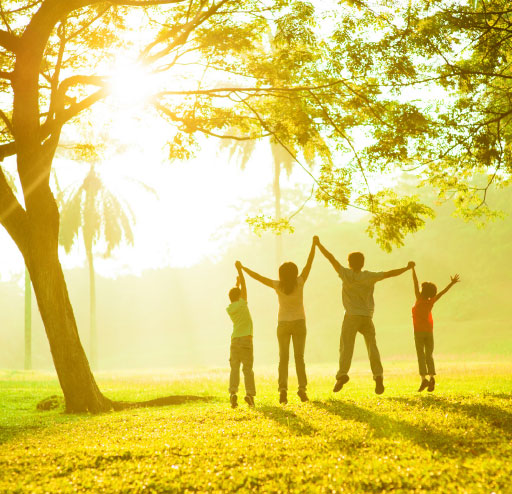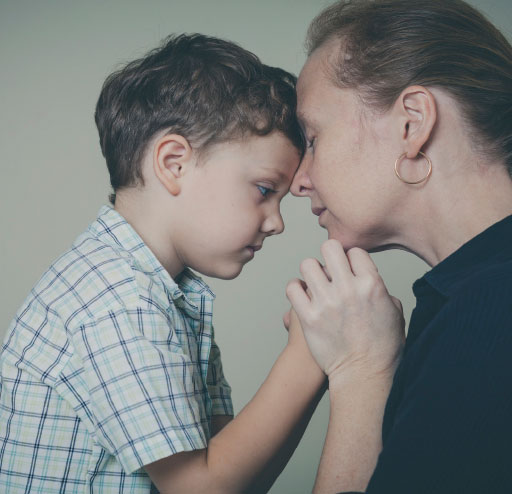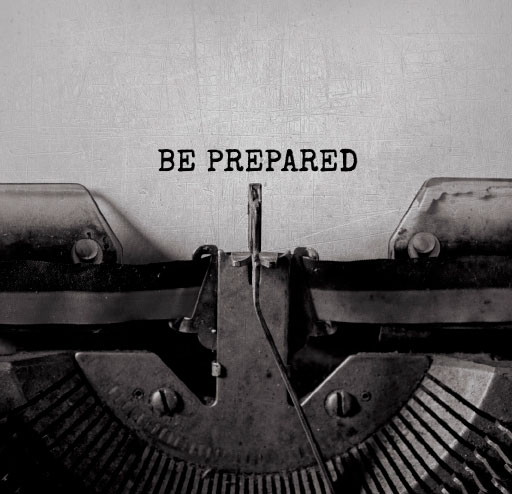Download a printable copy of this article (PDF 341KB)

We can identify many habits in the way we work, live and parent. Some habits serve us incredibly well. It can be really productive and positive if we can develop habits such as regular exercise, eating as a family at the dinner table, getting to work on time, eating healthy or turning the Wi-Fi off in our home at a particular time every evening.
Of course, not all of the habits we have developed give us the outcomes we want. These habits are often reflected in our language and one to explore here is the well-worn “If you want something done right, you’ve got to do it yourself.”
This particular habit of language and behaviour is useful for short-term gratification. It helps us to accelerate task completion, to demonstrate our skills and to assert our technical expertise. In a time poor world, it is understandable that we want things done quickly and correctly, but there can be unintended consequences when you use this approach.
When we constantly “do it ourselves” we reduce the capacity of others, stunting their growth and reducing their awareness of valuable ways to solve problems. This results in diminished self-esteem and low resilience.
“Inclusion elevates all.”
– Elaine Hall
If our children are on the receiving end of bullying behaviour or if they are engaging in it, those outcomes are particularly unpalatable. Yet, when confronted with bullying in our families it’s far from unusual for a parent or carer to say something along the lines of “You’ve got to be joking me. I’m not having this. You stay here and I’ll go down to the school and sort this out once and for all.”
The sorting out process could involve absolutely anything. Your child may feel nervous about not knowing whether you’ve blamed the right person, got the story completely wrong or even criticised them for their part in it. How would they know? They weren’t there.
For this reason, it’s a clever move for any parent confronted with either side of bullying to involve their child in whatever the process, solution and new expectations will be. There are two key benefits for taking this longer-term view of the problem:
- Your child’s involvement in the solution means that the process and outcome are far more likely to be meaningful and effective. If they have had some say about key decisions, they are more inclined to follow through and invest their energy in solutions.
- Children are often made more anxious when they don’t understand the plan and we don’t always make the best behavioural decisions when we’re anxious. Ensuring your child has input to the plan is a great way to maximise the effort and energy that they will invest.
- Being involved teaches your child the nuanced skills of problem solving, getting past difficulty and navigating relational challenges. These are skills that they’ll not only need for the rest of their school lives, but also as independent adults. Being able to collaborate and solve difficult and challenging problems with others is a skill our children will need well beyond their school days, in all facets of their lives.
When it comes to both sides of bullying, doing it yourself is rarely the best path to take. Many hands make light work, so adding our child’s hands to the heavy lifting of resolving bullying might just lift a fantastic solution off the ground.








